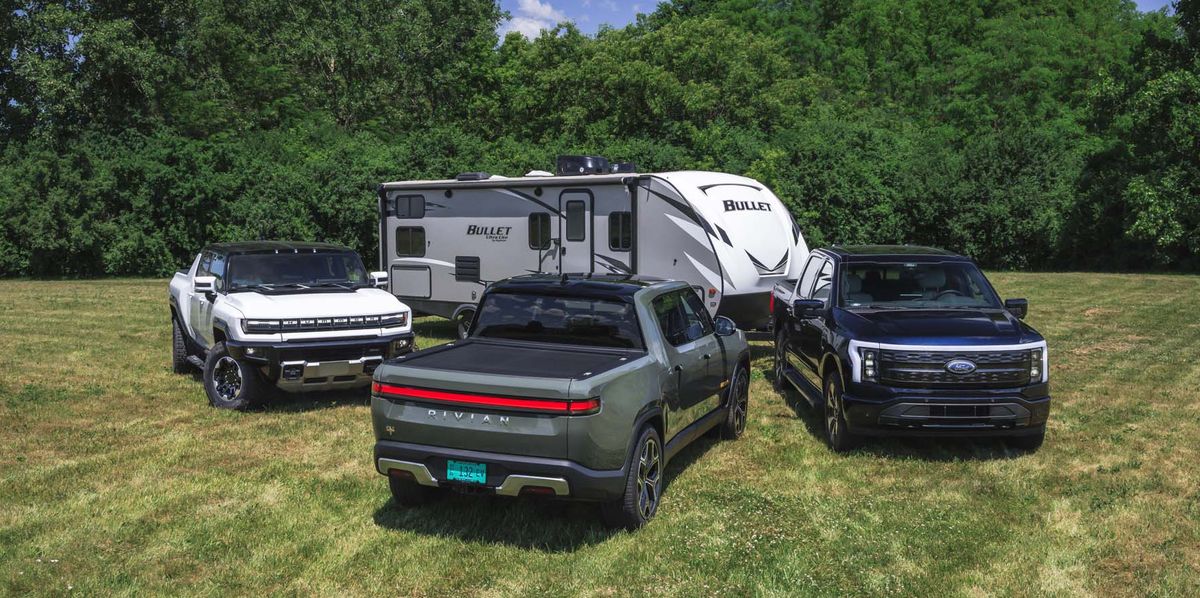We got a $7500 tax credit with our 2022 plug-in hybrid Rav4 AWD SUV that we purchased this past June. It is averaging 99 mpg so far. We generate more electricity than we use with the solar panels on the roof so there is no cost for most trips of less than 44 miles overall.
Problem with most EV sedans is they do not have a spare tire. If you get a flat then you need a flat bed tow truck to take the car to the nearest auto store and buy a new tire and hope that the store is open and has the tire you need in stock. That could mean a hotel stay and restaurant meals and if it happened on the way to the airport you would be SOL.
No single car meets all our needs. In the past it was always a pickup truck and a sedan or a SUV and a sedan. Now we have a 4WD pickup truck and the AWD SUV. The change was from a Prius hybrid that provided 44 mpg fuel economy and required very little in maintenance costs over the 15 years it was used. Most of our around town trips are done with the more fuel efficient vehicle. I don't need a large SUV or pickup to go buy groceries. Having 90% of our miles with a 44 mpg (now a 99 mpg) sedan the other 10% with the 16 mpg truck provides a combined "fleet" fuel economy of 65 mpg.
With the majority of vehicles used by households providing 20 mpg or less in fuel economy, almost any small car will be a big improvement. A Kia Soul or a Honda Fit or a Toyota Prius are great values and very reliable.
Federal tax credits are gone with the Chevy and Tesla vehicles and will end for Toyota vehicles by the end of 2022.
Find out how you can save money through Federal tax incentives on your purchase of a new plug-in hybrid or electric vehicle!

fueleconomy.gov





